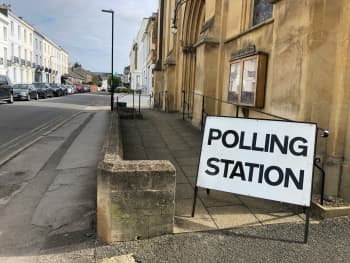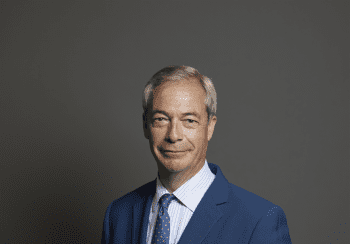The Decline of the Two-Party Era? How plurality is reshaping UK Politics
Can the Lib Dems hold onto one of London's Richest Boroughs?
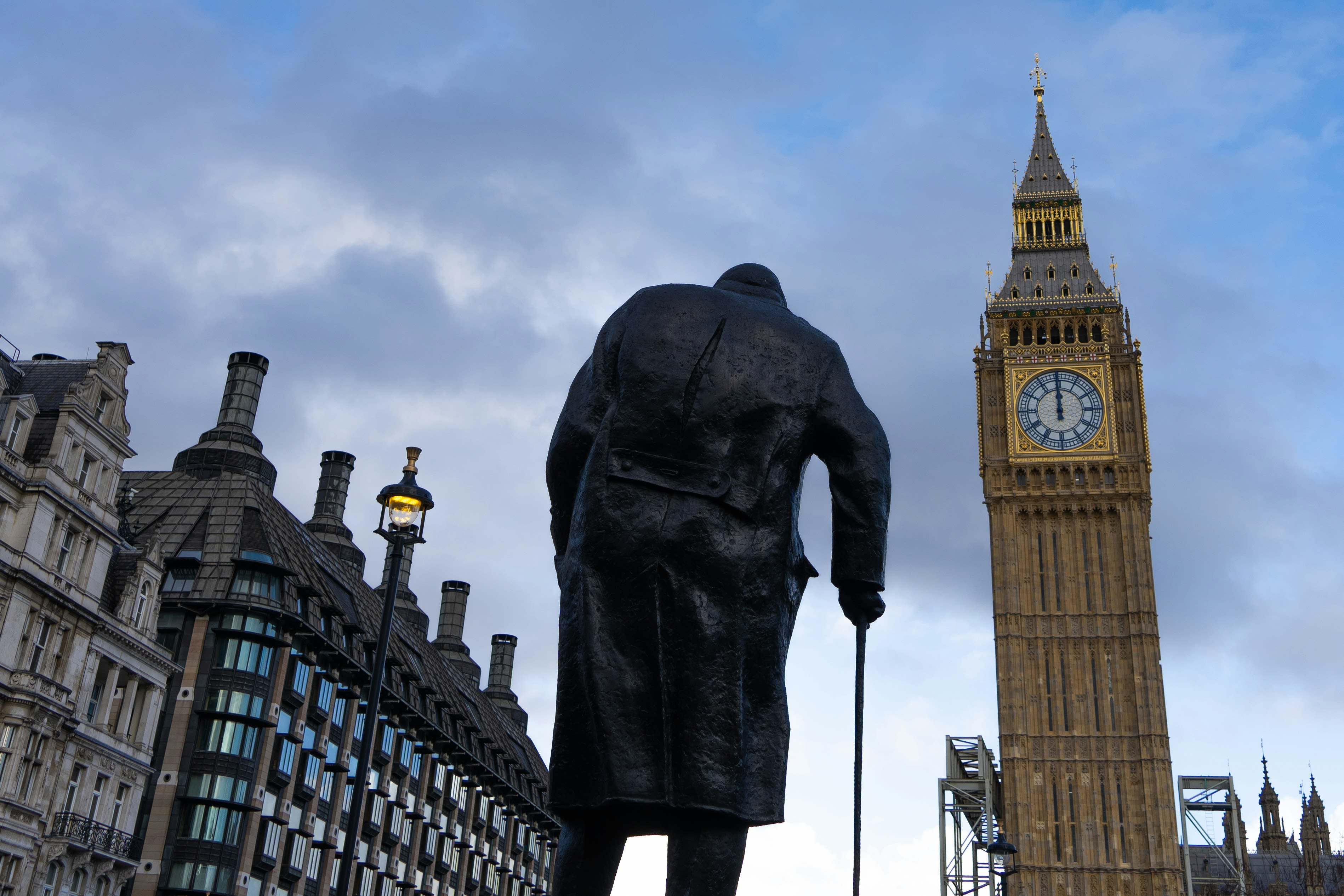
Richmond upon Thames has remained outside the grip of the national two-party system for the past 20 years, representing a stronghold for Liberal Democrat support. With Labour and the Conservatives and ReformUK on the rise nationally - signs suggest voting allegiances could be beginning to shift here in much the same way as the national picture.
Since 2019, the parliamentary constituencies of Richmond Park and Twickenham, which make up Richmond-upon-Thames, have been held by the Liberal Democrats.
While the party has struggled to make inroads nationally in recent elections, from the turn of the century the Lib Dems have maintained strong support here, bucking the national trend of a two horse race between the Conservatives and Labour.
In Richmond's constituencies, general elections have been hotly contested between the Conservatives and the Liberal Democrats.
Now over a century after Labour replaced the then-Liberals as the Tories' main opposition, UK voters are asking: is the two-party system itself on the way out — in a full-circle political twist?
Can Richmond's Liberal Democrats keep defying national trends and maintain electoral dominance here?
Residents suggest the area is not wholly immune to national trends, saying their traditional voting pattern and political allegiances are shifting too.
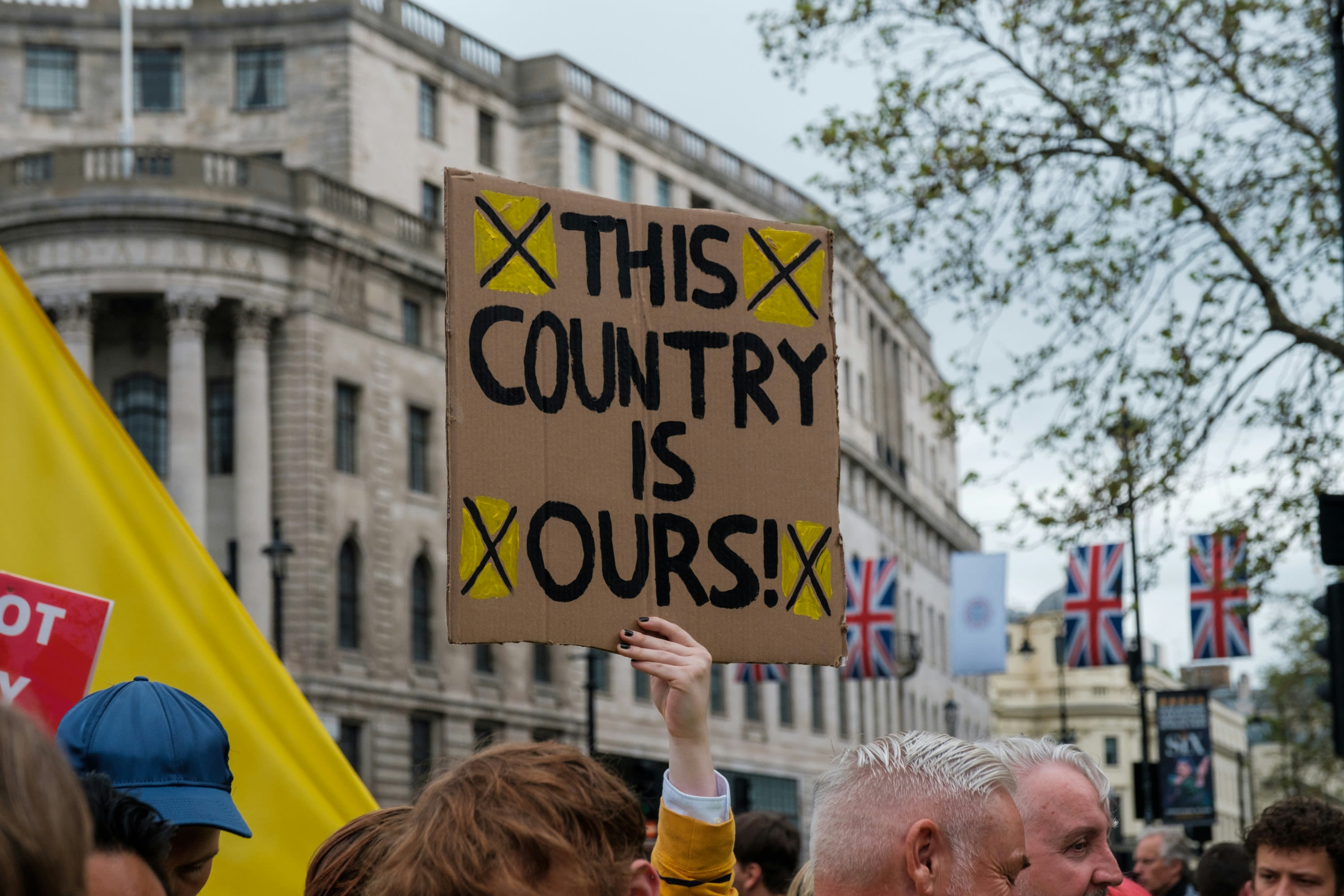
Credit: Anna McAlinden
Credit: Anna McAlinden
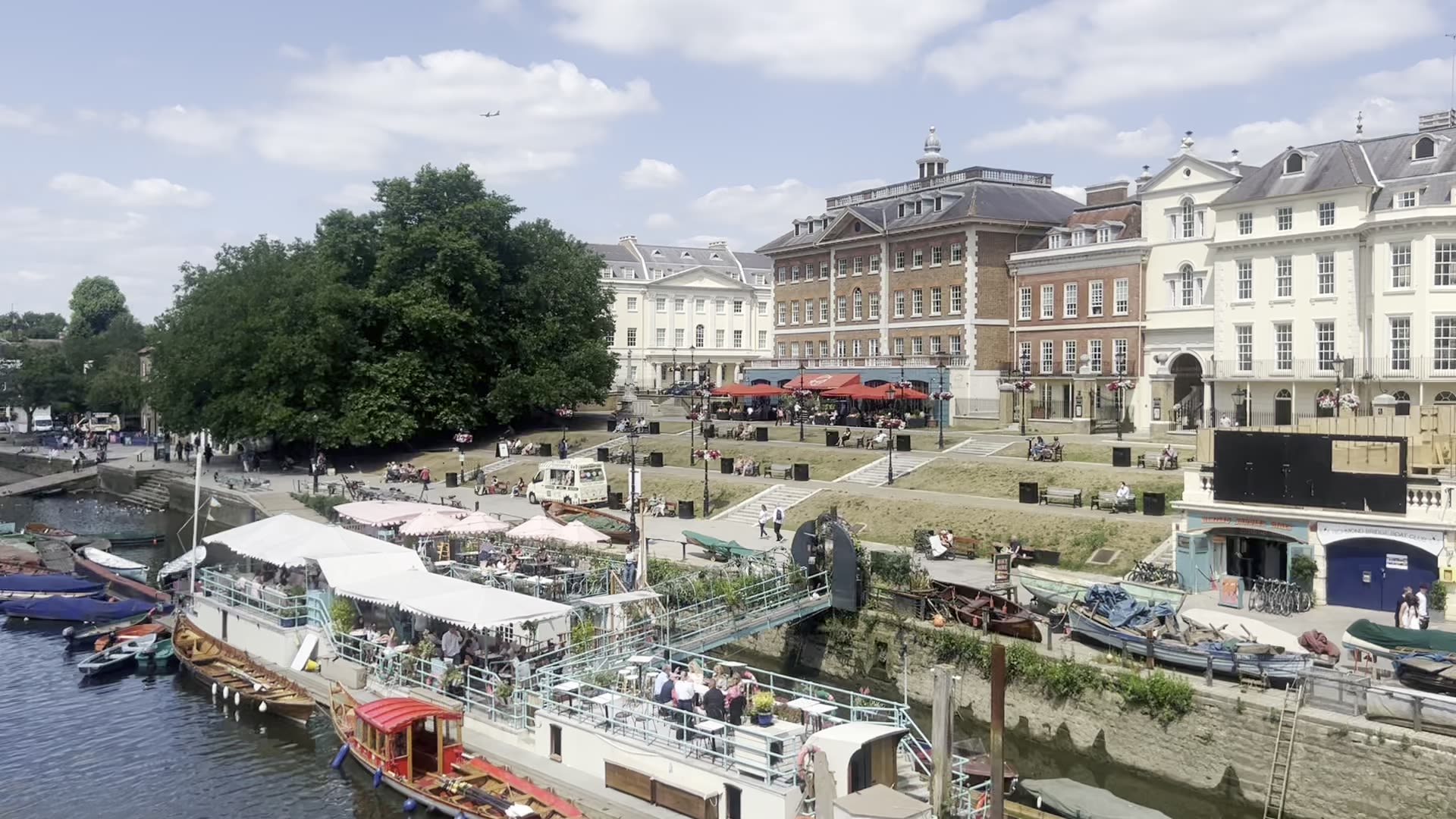
People look at Reform now, and think you know what let's give them a chance, why not?
In the 2024 General Election, the Conservatives experienced their worst performance ever, winning just 24% of the vote share.
Together, Labour and the Conservatives achieved 58% of the vote share which was the lowest since the inception of the two party system. But that does not mean the rest of the country voted in line with the modus operandi in Richmond. Rather, under the leadership of Nigel Farage Reform overtook Ed Davey's Liberal Democrats, relegating them to fourth place in the vote share rankings.
Sally Tucker has lived in Richmond for eight years, and voted Liberal Democrat at each general election.
Tucker said: "My granddaughter who has reached the grand old age of ten, last election, she would tell me quietly when she saw a Labour sticker in the window, because 'everyone' around here votes Lid Dem."
If there was a general election tomorrow, Tucker said she would be voting again for her MP in Twickenham, Munira Wilson.
She continued: "She is an extremely good member of parliament that happens to be Lib Dem. She works hard on local issues, so she deserves my vote because of that, not because of her party."
Despite having always voted Liberal Democrat in Richmond, Sally says the way in which she decides her vote has shifted in recent elections.
Tucker said: "I've changed in the sense that now I am voting for the person.
"Perhaps it is an indulgence, but whether parties are fighting neck and neck or not, if your MP represents the area well you should vote them back in."
Recently retired from a career as a news reporter, Paul Thompson has been a lifelong Conservative voter.
He said: "Now I won't be voting for the Conservative Party because I feel betrayed. They had 14 years and left with nothing, they could have achieved so much more. So it gets to a stage where long-standing allegiances have to be split with."
Thompson cited high taxation levels, rising immigration figures, overcrowded prisons and what he described as poor leadership as key reasons to the Conservatives "squandering" his vote.
However, longstanding allegiances do continue to influence his voting behaviour as he searches for a more suitable party to support.
Thompson said: "I could never vote Labour. I believe the only reason they got into government was because people are so dissatisfied with the Conservative party.
"Depending on the next few years, the Conservatives are close to annihilation."
Following their 2024 electoral defeat, the Conservative Party has faced accusations of disunity under Kemi Badenoch’s leadership.
Thompson added: "I would say there is an absolute disenchantment with the two party system, but I wonder whether young people, with Reform, might be able to change our political system."
It is not just dejected Tories looking at Reform as a new voting option.
Since 1976, Virginia Lewis has lived in Richmond, and says the widespread support of the Liberal Democrats in the area has long dictated her voting pattern.
She said: "I have always voted liberal, mainly in the sense that if you voted Labour in this area you had no chance. But I must say in recent years, the Lib Dems have become like a wet weekend really. No one knows who or what they really are."
In 2024, almost 50 years since placing her first vote in the area, Lewis broke with her traditional voting habit.
She said: "In the last election I vacillated between the Liberal Democrats and one other. I did actually vote Reform, which I find myself embarrassed to say."
The collapse of two-party politics signals a broader disenchantment with the entire political establishment — not just Labour and the Conservatives. Reform has positioned itself as a fresh alternative, raising the possibility that the change once promised by Labour in the last election could, in five years’ time, be channelled through Reform instead.
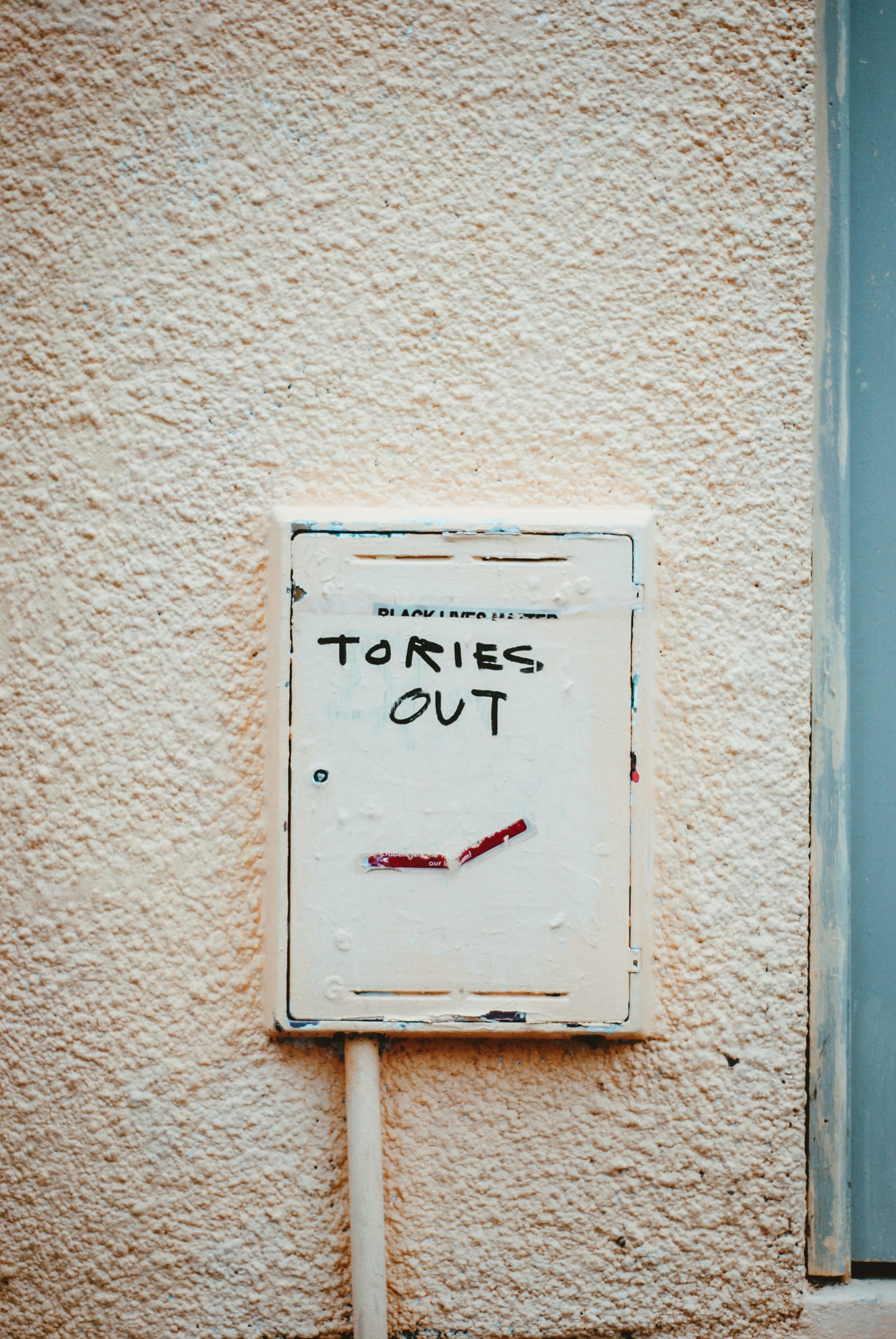
Lewis said if the two party system collapsed, she did not want Reform to simply replace one of the main parties in a new two-horse race. Instead, she hopes to see greater political plurality emerge.
Lewis advocates a switch from general elections being cast under first past the post to a proportional representation voting system, intended to result in a parliament that reflects the proportion of votes cast for each party.
Lewis said: "I suppose if I was honest, I would go for PR.
"I think that would be a better way for politics to run, because I think it would force people to sit down and have a discussion rather than toe the party line.
"It used to seen as a way to be part of society. Politicians had an altruistic attitude, and truly represented their voters.
"Now because of power politics, people are too scared for their careers, to stick their head above the parapet and defy toeing the party line."
Forty nine percent of Brits supported switching to a PR voting system, according to a December 2024 YouGov poll.
Amongst Reform voters this number rose to 67%. Nigel Farage has long endorsed switching the voting system from first past the post to proportional representation.
In the same poll, 53% of Labour supporters voted for a switch to PR. A motion to switch to PR was also backed by Labour party members at their 2022 party conference.
Lewis added: "I think more attention should be paid to the committee structure, because you get representatives from all parties on a committee, so surely it is the best way to represent the voters."
Parliament's committee structure is designed to scrutinise government workings, typically made up of 11 members from across the sitting parliamentary parties.
The UK's devolved legislatures are elected under PR systems. Scotland and Wales use a mixed system with first past the post, while the Northern Irish legislature is elected via a wholly PR system.
Under terms of the Good Friday Agreement, Northern Ireland is governed under cross-community power-sharing but has led to stalemates in the legislature.
Striking agreement with Lewis, Tucker said: "It would be much better to have more talking in parliament actually be representative of our views. I think PR would be a very good thing to have.
"I know there is a risk in having a coalition with it collapsing, like in Italy or the Netherlands, but I do think first past the post is a weird system." She added.
"I know they aren't perfect but with a coalition, having more fingers in the pie of political discussion, I definitely think is better thing to have rather than not"
Voting Systems Explainer: First Past the Post vs Proportional Representation
Credit: Anna McAlinden
Image credit: Anna McAlinden
Image credit: Anna McAlinden
Richmond-upon-Thames Council Head Office. Image credit: Anna McAlinden
Richmond-upon-Thames Council Head Office. Image credit: Anna McAlinden
Munira Wilson MP Constituency Office. Image credit: Anna McAlinden
Munira Wilson MP Constituency Office. Image credit: Anna McAlinden
Richmond Council is made up of 54 councillors, with five representing the Green Party and the rest belonging to the Lib Dems.
Although Green councillors have achieved some success locally, the party continues to struggle to translate growing public support for political plurality into broader national gains.
Lewis said: "I think the trouble with Green, is it sounds aspirational rather than actual. If they were running the country what would they be doing, in the realities of life there needs to be compromise."
Tucker also suggested a Green Party government would be unrealistic in practice, signalling disagreement with their stance on social issues and 'votes of conscience' such as their support for allowing puberty blockers.
She said: "I naively thought they were a friendly eco party but I have completely changed my mind about the Greens."
"When I rant about something and I say, Farage for prime minister, I'm not sure if I actually mean it, but what I really mean is to have more chances of having other voices in the mix.
"I think there needs to be more conversation without having to take a strict stance, whereas people nowadays shriek, leap to conclusions and cancel culture."
So what is it that attracts voters to break with their allegiances and look to Reform?
Lifelong Conservative, Thompson said: "Whatever happens, immigration is going to be the big battleground.
"Reform come out with big statements - they will deport every illegal immigrant. I do not believe that will happen, but it is something people will vote for because they believe in it." He added.
Under the Conservative government net migration figures peaked at 906,000 in June 2023. The current estimate in the year up to December 2024 has net migration falling to 431,000.
Reform's manifesto places curbing migration levels as a core pledge. Policies to do this cover legal and illegal migration, through policies such as immediate deportation for foreign criminals, barring student dependents, and freezing all non-essential migration.
Thompson said: "I am not fooled, same with most of us I think, by the government's pledge to smash the gangs or stop the boats.
"People look at Reform now and think you know what let's give them a chance. People are beginning to think they are worth the gamble."
Thompson believes that Reform's hard-line stance on immigration is bolstered by Trump's immigration policies in America such as mass deportations of foreign-born criminals.
He continued: "If Farage gets his key manifesto pledges right, and can follow through on it, it would go over well with a lot of voters.
"He [Farage] has always had a similar rhetoric at the forefront of his policy, but I think what is working in their favour this time is people are so fed up of what they have heard from the Tories and Labour."
However, Thompson is not convinced enough to throw his full political weight behind Reform. Instead, believing in order to be successfully elected Reform must develop their policy range if they wish to capitalise on "a lot of upset voters there for the taking."
Current Labour policy pledges to bring down net migration figures aim to improve the asylum system through initiatives to 'tighten' rules on visa routes and tackle people smuggling groups.
Thompson's support for the Conservatives was born in the era of Thatcherism. He cited her strong stance against terrorism, specifically on the issue of IRA bombings, as one of the reasons the Conservatives first won his vote.
Thompson said: "What Mrs Thatcher said she would do she carried through, whether you agreed with it or not, she stood firm. People respected her for what she stood for and then you have other leaders, like Boris [Johnson] who would just say anything to grab the headlines."
He added: "Now, I am bored of the people who have held power. We have seen it, heard it, been there, done that, got the t-shirt.
"People now look at Farage on TV and see he is very charismatic, he's very good at working the camera. He has his detractors, but he can sustain an argument. And I think a lot of people think let's give this new way a go."
Lewis, who switched from Lib Dem to vote Reform in the last general election jovially said: "The name Reform for a start is the best marketing ever."
She pointed to Farage's charismatic leadership style being at the root of Reform's success, suggesting his straight-talking salesmanship style was enough to attract voters to the party.
Lewis said:" Life has changed since the inception of Tories and Labour, so in a way they are not able to reflect what society is today.
"Most people sit somewhere in the middle of the political spectrum, it is just who talks politics best at the time."
She continued: "People like to say Reform are all anti-immigration racists but to me they seem like they would sit down with you and have a chat about politics, on topics like immigration without pointing the finger.
"Farage comes across to me as a fairly common sense, jolly looking chap. And the party seem to be chatting to local people about what they think."
There is also a strong emphasis on leadership that feels authoritative coupled with a sense of genuine interest in voters’ everyday concerns.
Tucker said: "When I think Reform I think Nigel Farage.
"There are certain politicians, in the sense that you would have gone 'over the top' of the bunker for if the whistle blew. Farage is one.
"Political leaders need to have the energy to make you believe that things could change. He is a sort of man of the people, in a similar way to Trump. A man of the people but he has gold taps on. Farage is a man of the people but he isn't really down and dirty, he has come up as that but is a wealthy man himself. Really, he is a populist."
All three do remain cautious to fully endorse Farage, and have reservations about his ability to form a strong party with the potential to hold a stable government.
Tucker said: "I do not know if I am keen on Reform or not, particularly with recent infighting. Nigel as prime minister I would find acceptable, but he cannot make a party. I think the only way for him to be prime minister would be to join one of the bigger parties as leader."
Last week, saw the resignation of Reform Chairman Zia Yusef after clashing with party members over calls to ban the burkha before he swiftly returned as the leader of a newly created Reform Department of Government Efficiency (DOGE) .
Thompson said: "I am sceptical about Reform. It is all very well and good having a charismatic leader but whether he can follow it through to form a government is a very different matter."
Reform currently have just five sitting members in the House of Commons. To win an election outright a party needs to win a total of 326 seats.
He added: "Farage has made great plays for support in Wales and Scotland in the last week, in places like Port Talbot that have been run by Labour unsuccessfully for a long time, and capitalising on disenchanted SNP, Tory and Labour voters in Scotland."
He said that if Reform made inroads in the devolved nations much like they have in the North of England, the national impact effect impact voters thoughts in lesser targeted campaign areas, with a completely different demographic makeup, such as Richmond.

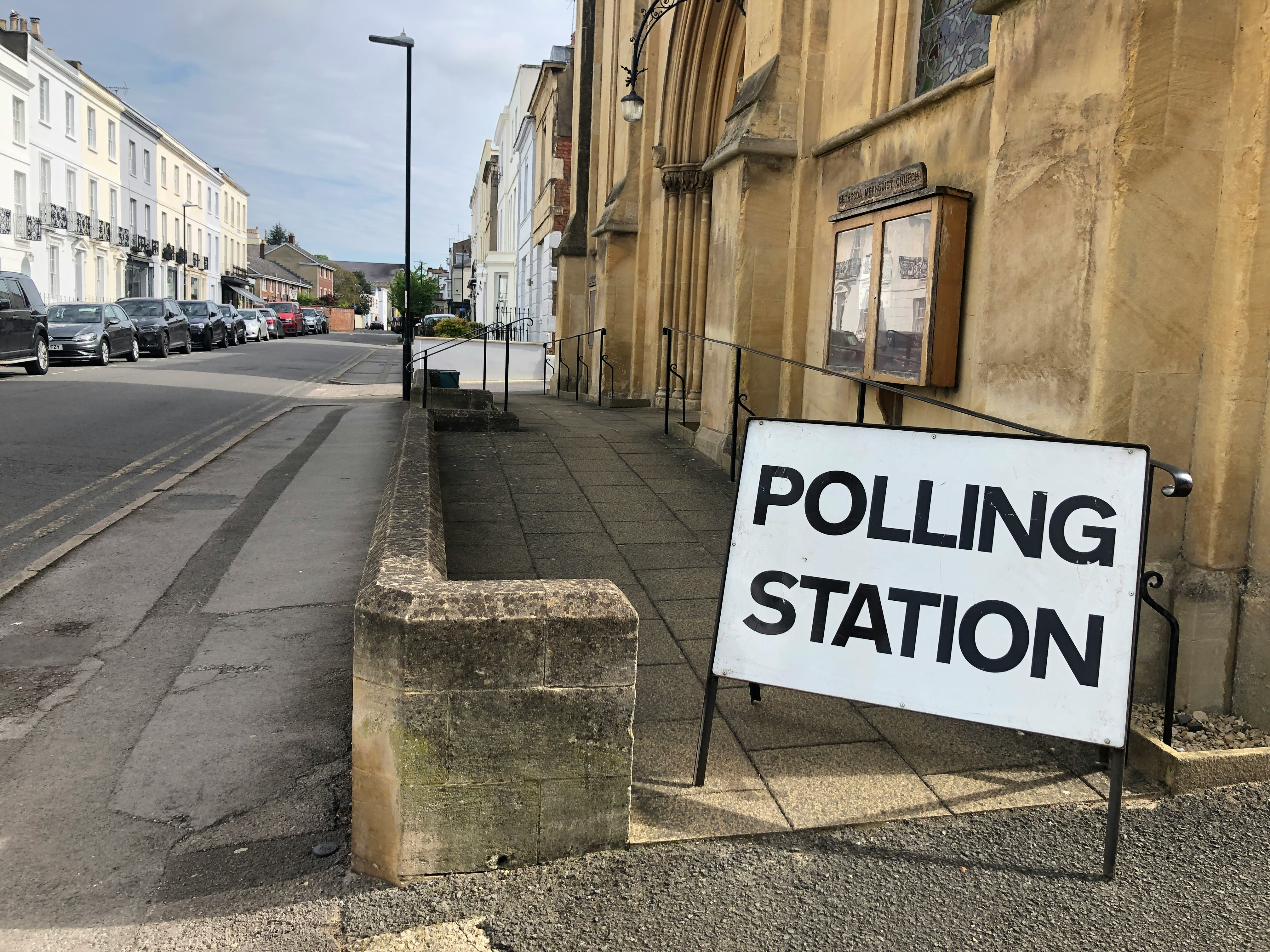
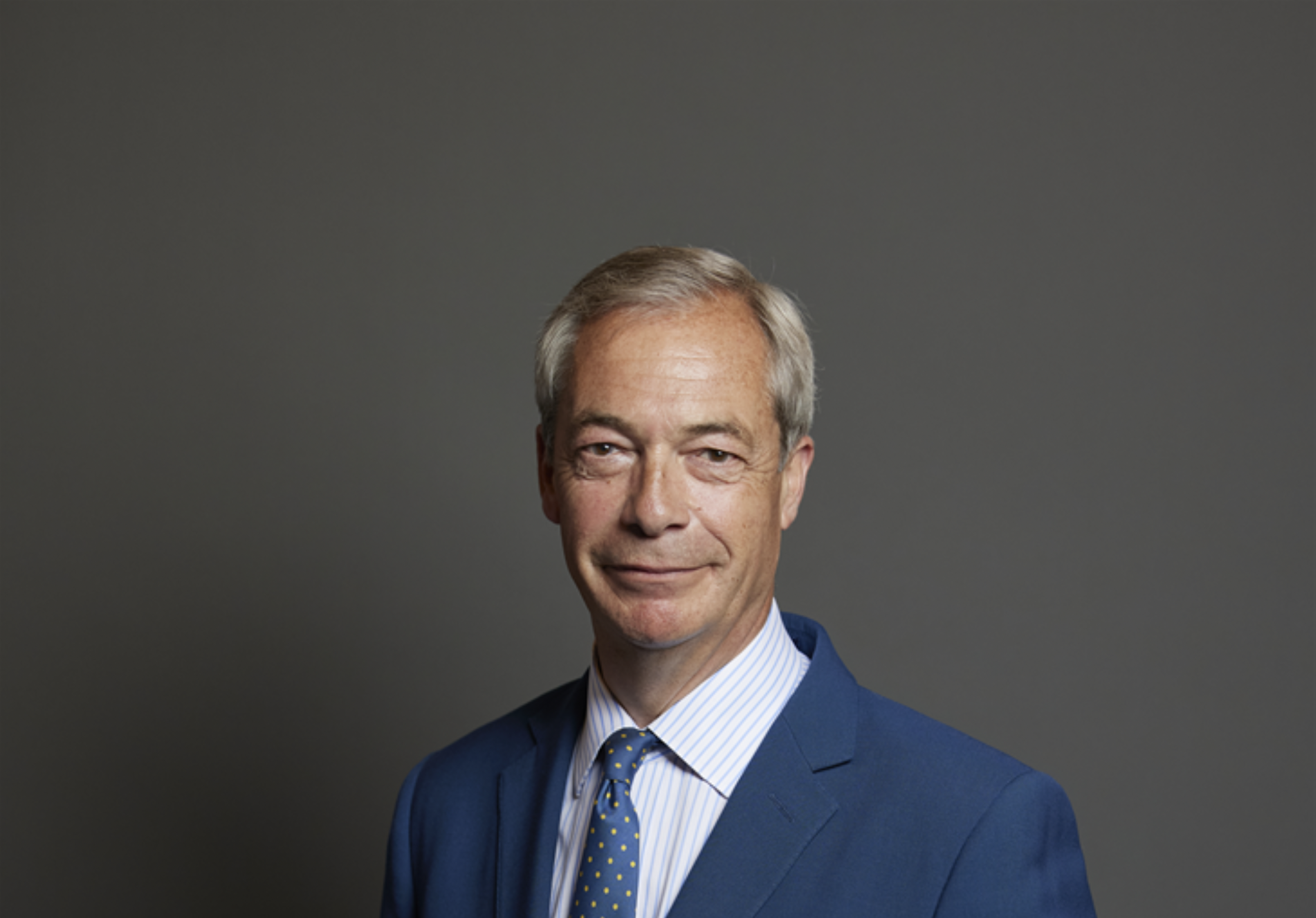
According to YouGov, 12% of men aged 18 to 24 voted for Reform in the last general election. Double the vote share the party garnered from women of the same age.
Tucker said she only starting looking to Reform as a political option after having a conversation with her grandson about who he was going to vote for his first election in summer 2024.
She said: "He was 18, a bright uni student. I was really fascinated that he wanted to do that.
I always thought it was people that huffed and puffed about everything, but no, he said that him and all his friends would vote Reform, so it really made me sit up and think."
Last year Farage's TikTok performance trumped all other UK political parties and candidates, according to The Guardian.
Tucker said:"I think it is his straight talking style on policy issues such as immigration. His strong leadership, whether it ends in disaster or not, that's what appeals."
Reform's strategy during the May 2025 local elections, seemed to follow a similar trend of targeting young voters using social media as well as announcing a number of young candidates.
Tucker continued: "The younger generation of voters, even into their 40s, do not have the same class or allegiances based on the past that my generation do. I think they have the freedom to vote for how they think will fix the things that they do not see as right."
UK voting has traditionally been shaped by class loyalties - Labour stereotypically a party of the working class, while Conservatives supported by people from a more affluent background.
Lewis also expressed frustration with voters who remain loyal to parties out of habit, questioning whether many of them genuinely understand or agree with the policies they’re supporting.
Lewis said: "Nigel is very capable of getting a vote out of people who would never have before.
"Older people do tend to stick to their patterns but people under 55, like my own daughter who is in her forties, I think Reform put the arguments in a language people can relate to."
Credit: Anna McAlinden.







